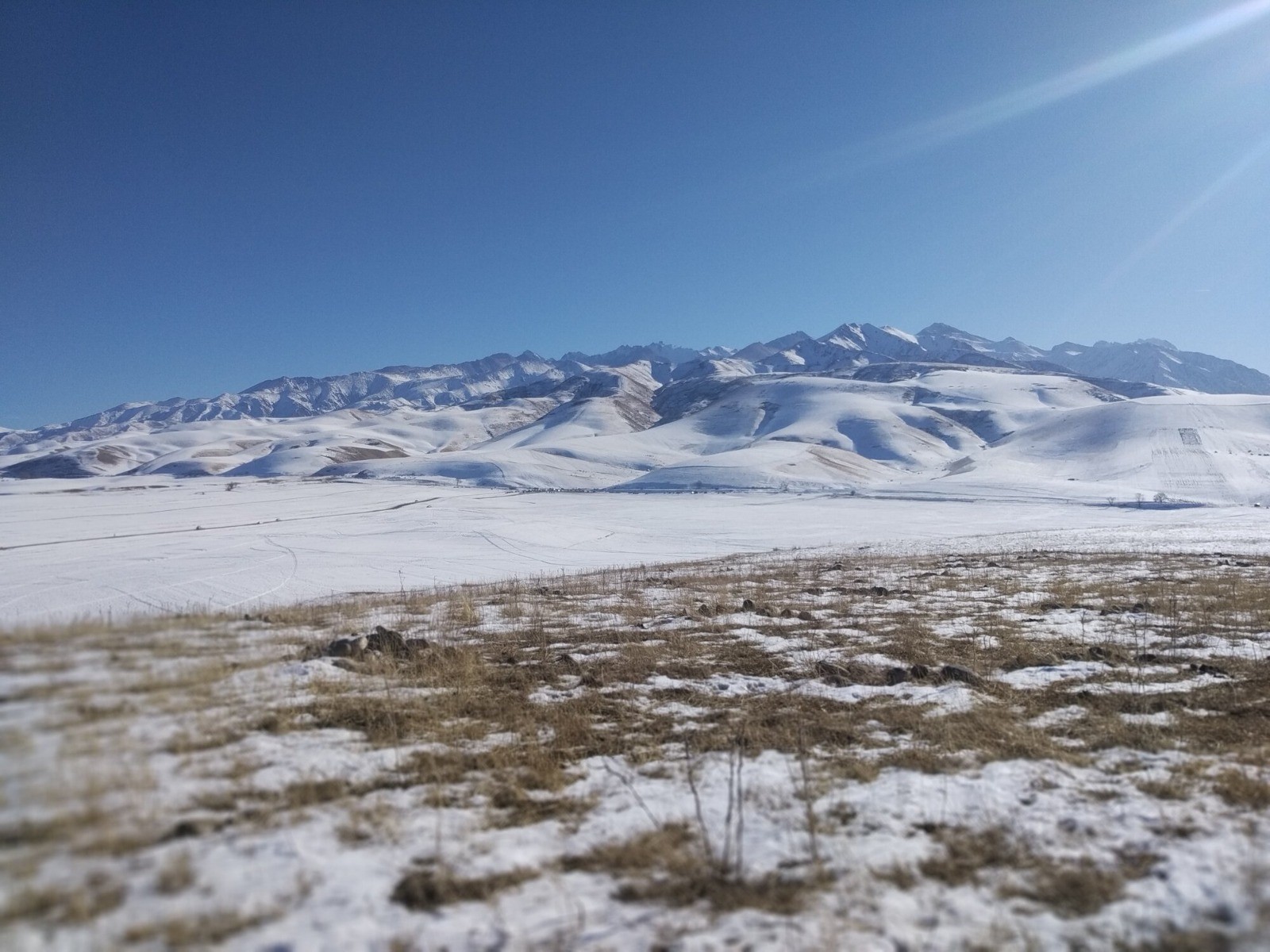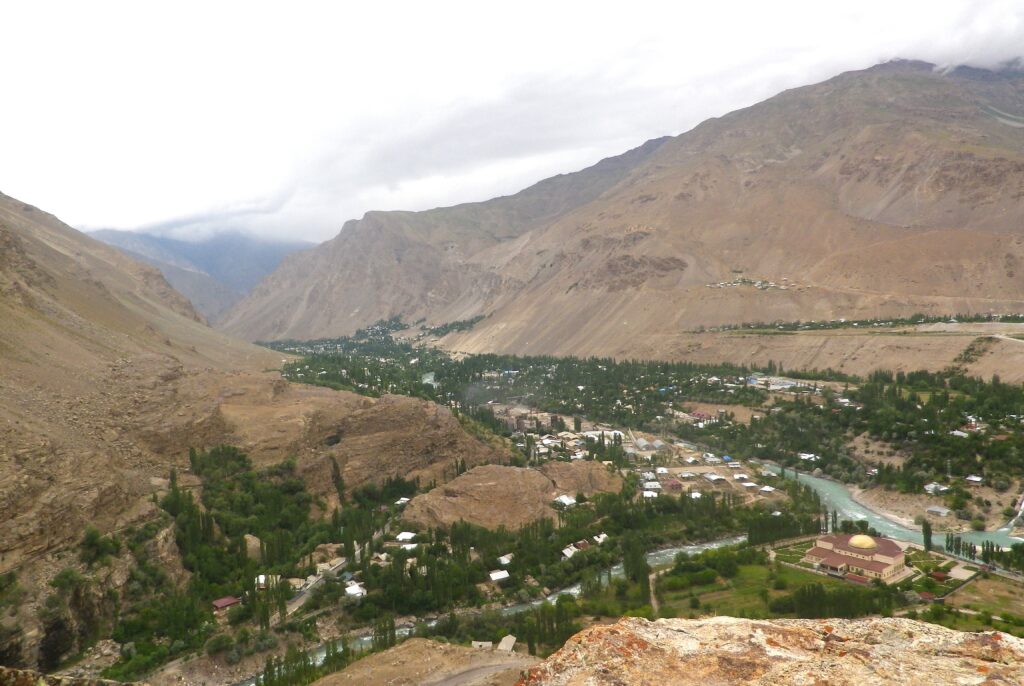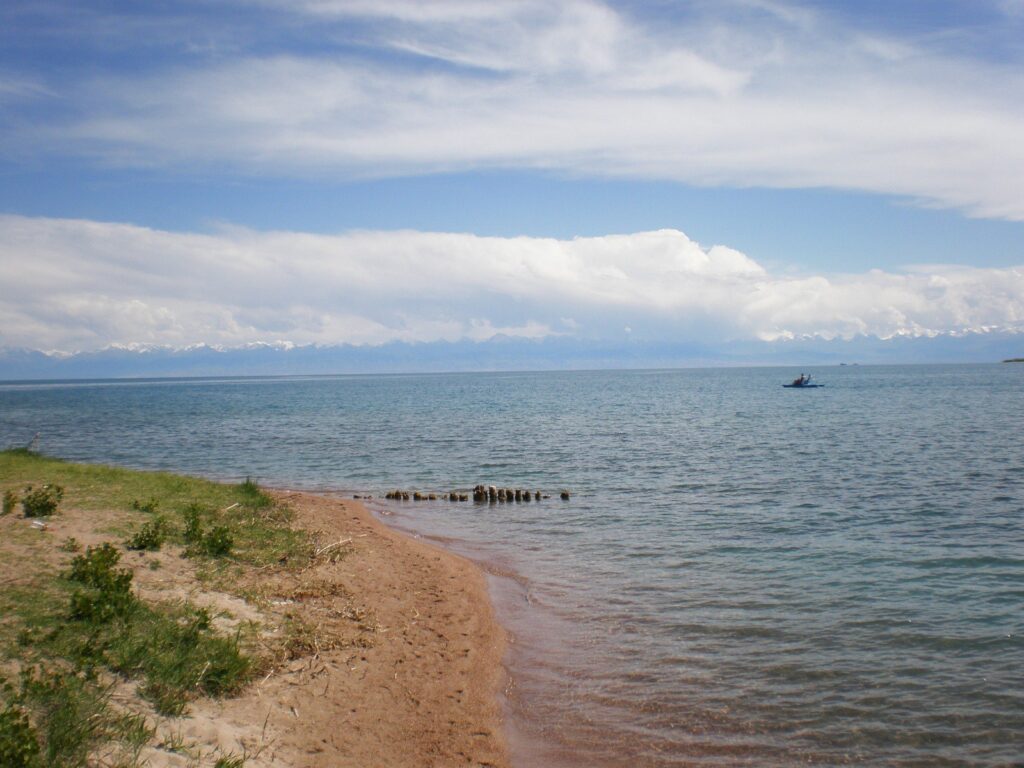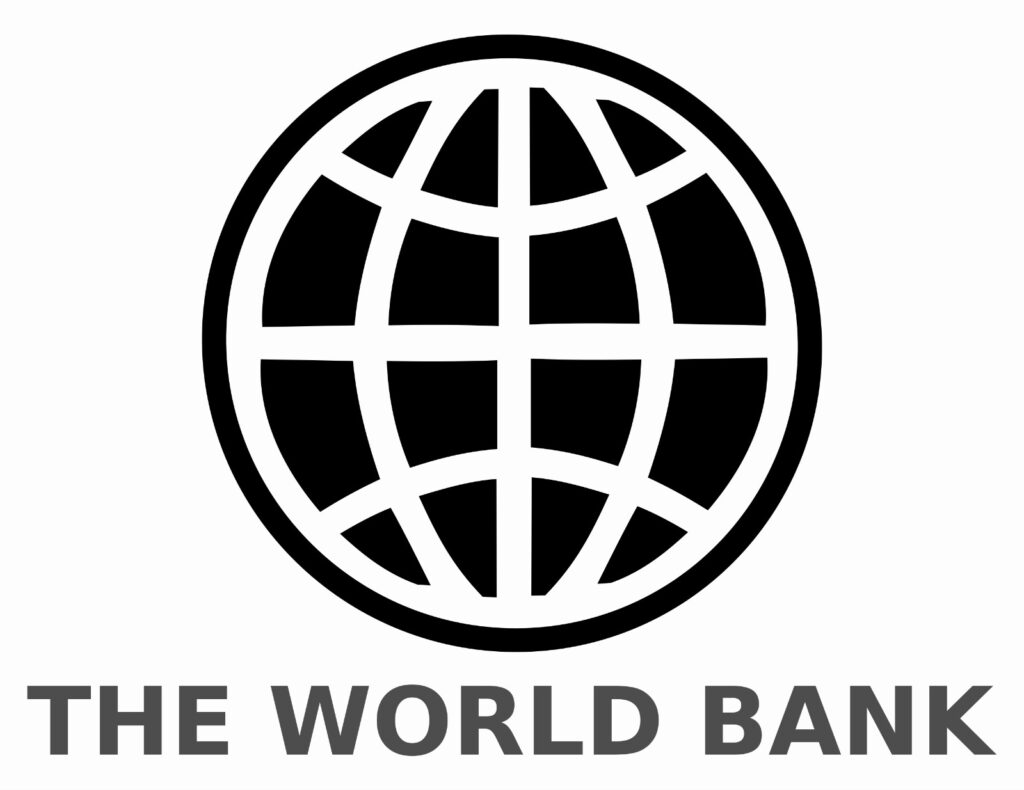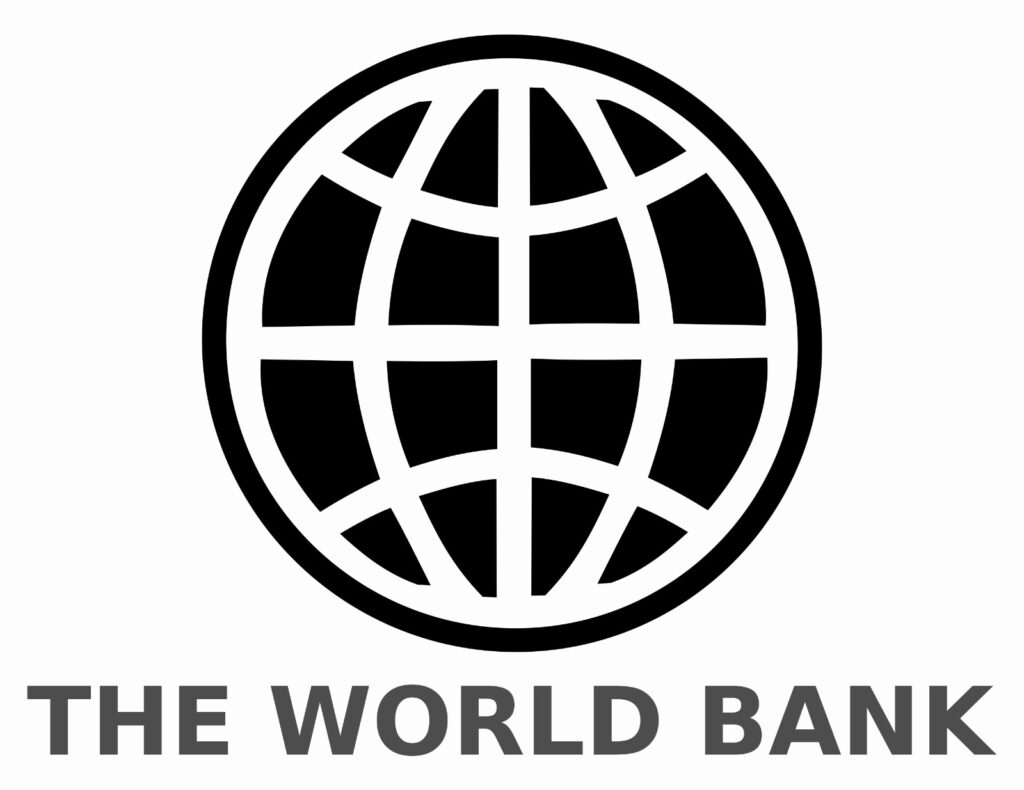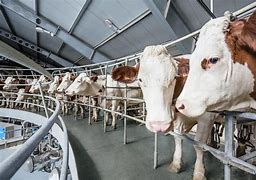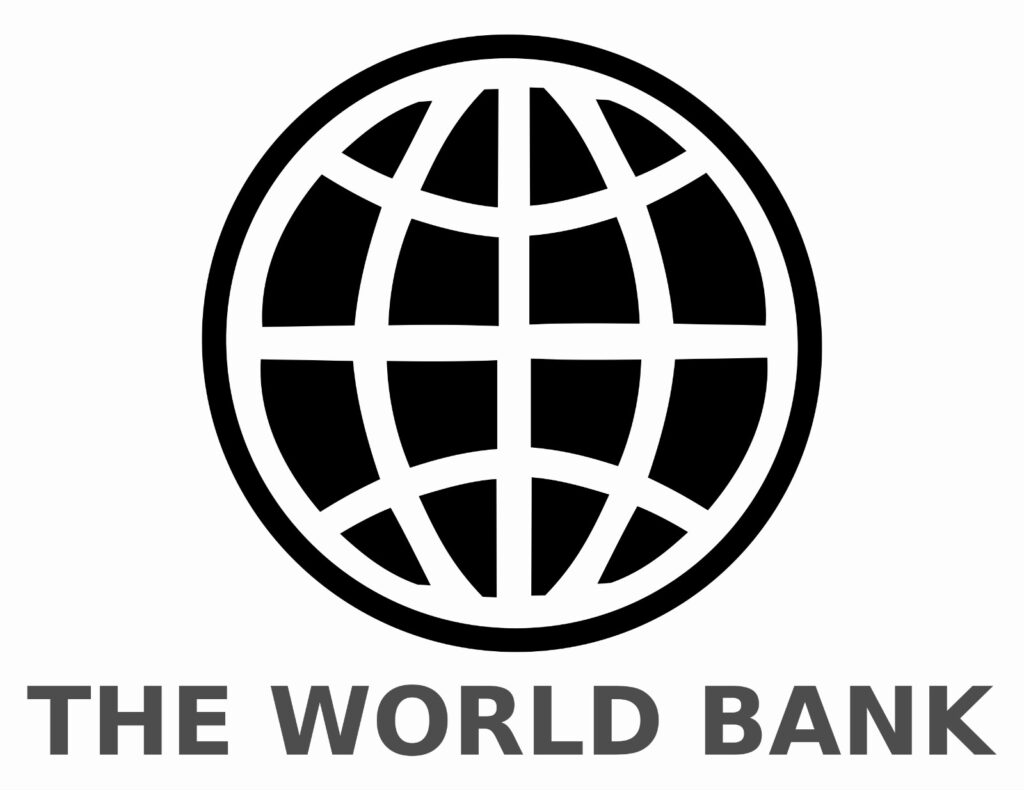A $45 million financing package for the Kyrgyz Republic Resilient Landscape Restoration Project, to be implemented until 2029, was approved by the World Bank’s Board of Executive Directors on February 27th.
Complemented by a $5 million grant from the Global Partnership for Sustainable and Resilient Landscapes (PROGREEN) and a $2.4 million grant from the Korea–World Bank Partnership Facility (KWPF), the project aims to increase sustainable landscape management in selected locations in Kyrgyzstan and promote regional collaboration among Central Asian countries on transboundary landscape restoration.
“We are pleased to assist the Kyrgyz Republic’s Cabinet of Ministers in increasing the resilience of landscapes and communities to climate-induced hazards, and by enhancing the government’s capacity to monitor glaciers, snow cover, and mudflows, implement measures to adapt to and mitigate climate change,” announced Naveed Hassan Naqvi, World Bank Country Manager for the Kyrgyz Republic. “This project is an important step towards building a more resilient future for the people of the Kyrgyz Republic and will also have a positive impact on neighbouring countries.”
The World Bank has affirmed that once in place, the project will directly benefit over 50,000 individuals in the most vulnerable, targeted rural areas of Jalal-Abad, Osh, Issyk-Kul, and Naryn, and communities located upstream of transboundary rivers.
According to a 2018-19 study by the Central Asian Institute of Applied Geosciences, Kyrgyzstan’s glaciers have decreased by 16% over the past 50 years. The Ministry of Natural Resources earlier warned that many of the country’s 6,500 glaciers — which cover over 8,000 square kilometres and contain an estimated 650 cubic kilometres of freshwater — could shrink by 50% by 2050 and even completely disappear by the end of the century.
